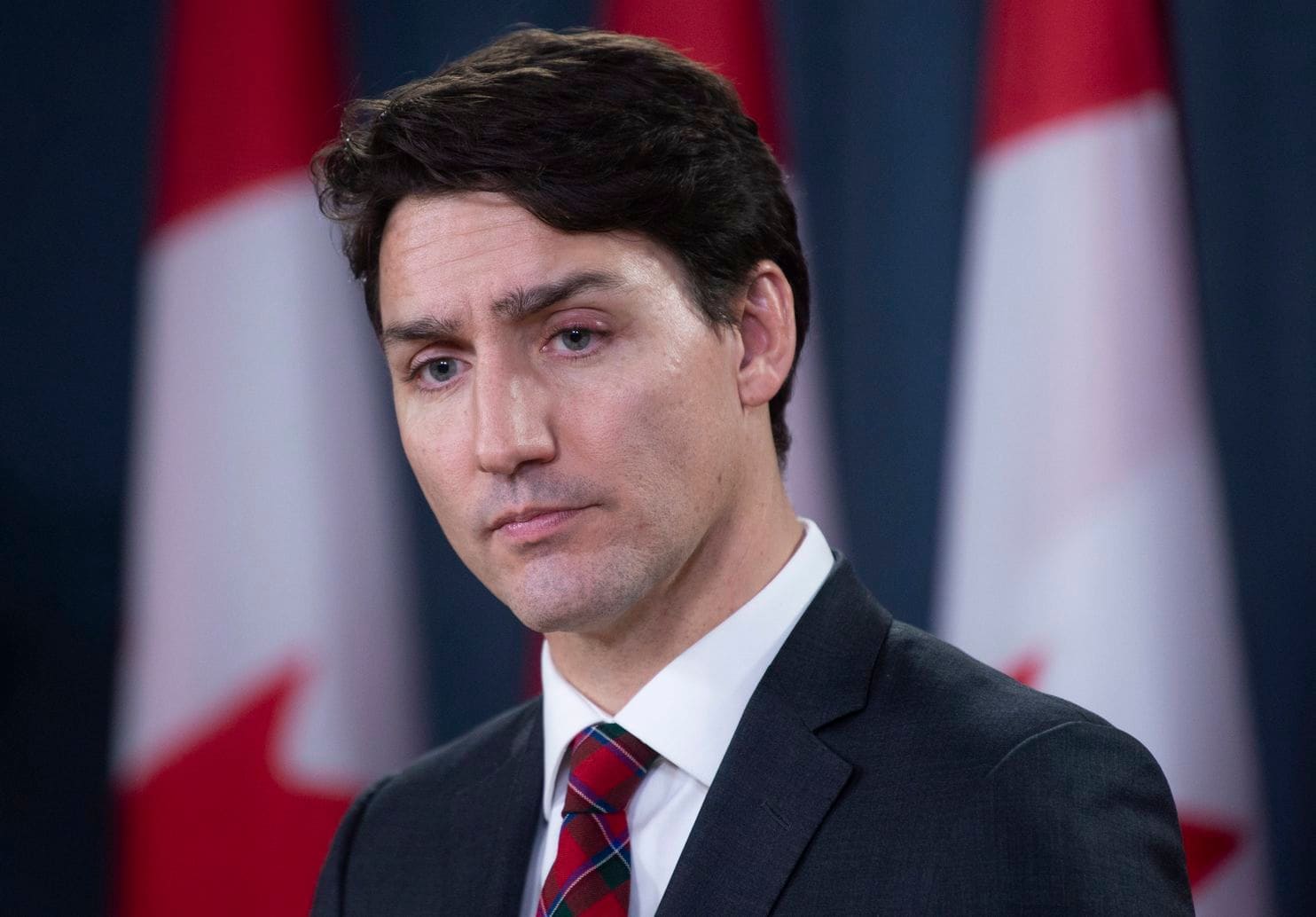Prime Minister Justin Trudeau’s sunny days have become a little greyer in Quebec.
With the federal election less than three months away, a new poll shows the Conservative Party gaining ground and running neck and neck with the Liberals in a province that was key to Trudeau’s win in 2015.
Andrew Scheer’s Conservatives are polling particularly well among those who propelled the Coalition Avenir Québec into power in the last provincial election, and those who live in the Quebec City region.
At the same time, the environment remains the top concern among residents of the province.
The Forum Research poll of 977 Quebecers taken in late July shows that 30 per cent would vote for the Liberals if a federal election was held today, while 28 per cent would support the Conservatives. The Bloc Québécois garnered 15 per cent of the vote, while 10 per cent said they would vote for the Green Party and 9 per cent for the NDP.
The fledgling People’s Party of Canada, led by Maxime Bernier, took 4 per cent of the vote.
In a similar poll taken June 11-12 in Quebec, 32 per cent said they would vote Liberal, and 25 per cent chose the Conservatives. Support for the NDP, Green Party and Bloc remained stable.
“The gap between the Liberals and Conservatives is narrowing in Quebec and that is bad news for the Liberals,” said Lorne Bozinoff, president of Forum Research. “The Liberals need a strong showing in Quebec and Ontario to win government, and a strong Conservative Party and a resurgent Bloc make that much, much more difficult.”
Quebec was a key factor in Trudeau’s victory in the October 2015 election.
The Liberals’ took 40 of 78 seats in the province, surpassing expectations. Trudeau won 36 per cent of the popular vote in Quebec, the NDP 25 per cent, the Bloc 19 per cent, the Conservatives 17 per cent, and the Greens three per cent.
In the latest poll, support for the Liberals was strongest in Montreal, garnering 41 per cent of the vote compared to 17 per cent for the Conservatives. Support for Scheer was strongest in the Quebec City region, where he took 48 per cent of voters’ intended votes. In the rest of Quebec, the Conservatives were ahead of the Liberals by 6 per cent, representing a gain over June’s poll, when the Conservatives only had a 3-per-cent lead over the Liberals.
Those who voted for the provincial Liberals last fall favoured their federal counterparts, with 72 per cent saying they would vote Liberal. Meanwhile, 50 per cent of those who voted for the CAQ said they would support the Conservatives in the federal vote, but only 18 per cent would favour the Liberals.
Support for the parties was also split among gender and linguistic lines, with Liberals earning the vote among 54 per cent of anglophones, with only 18 per cent of English-speakers going Conservative. Support for both parties was almost equal among francophone voters. Men were more likely to vote Conservative, while the Liberals had a greater share of the female vote.
A separate poll of 1,733 Canadians showed the Conservatives pulling ahead of the Liberals nationally, with 34 per cent favouring Scheer and 31 per cent saying they would vote for Trudeau if the election was today. The Greens and the NDP each scored 12 per cent, and the Bloc and the PPC garnered 5 per cent.
Trudeau’s approval rating was 34 per cent, while his disapproval rating was 55 per cent. Scheer had 27 per cent who said they approved of him and 48 per cent saying they disapproved.
Quebecers said the environment was the most important issue for them heading into the federal elections on Oct. 19, with 31 per cent listing it as their leading concern, followed by the economy (22 per cent) and health care (15 per cent).
Other recent polls showed similar figures nationally, but a different picture for Quebec, with the Liberals leading by at least 10 points. A Léger/Canadian Press web survey taken July 19-23 had the Liberals with 37 per cent of voter intentions in Quebec, and the Conservatives at 24 per cent. In Ontario, the parties were tied with 36 per cent of the vote, while in Alberta the Conservatives had 59 per cent support and the Liberals 24 per cent.
























